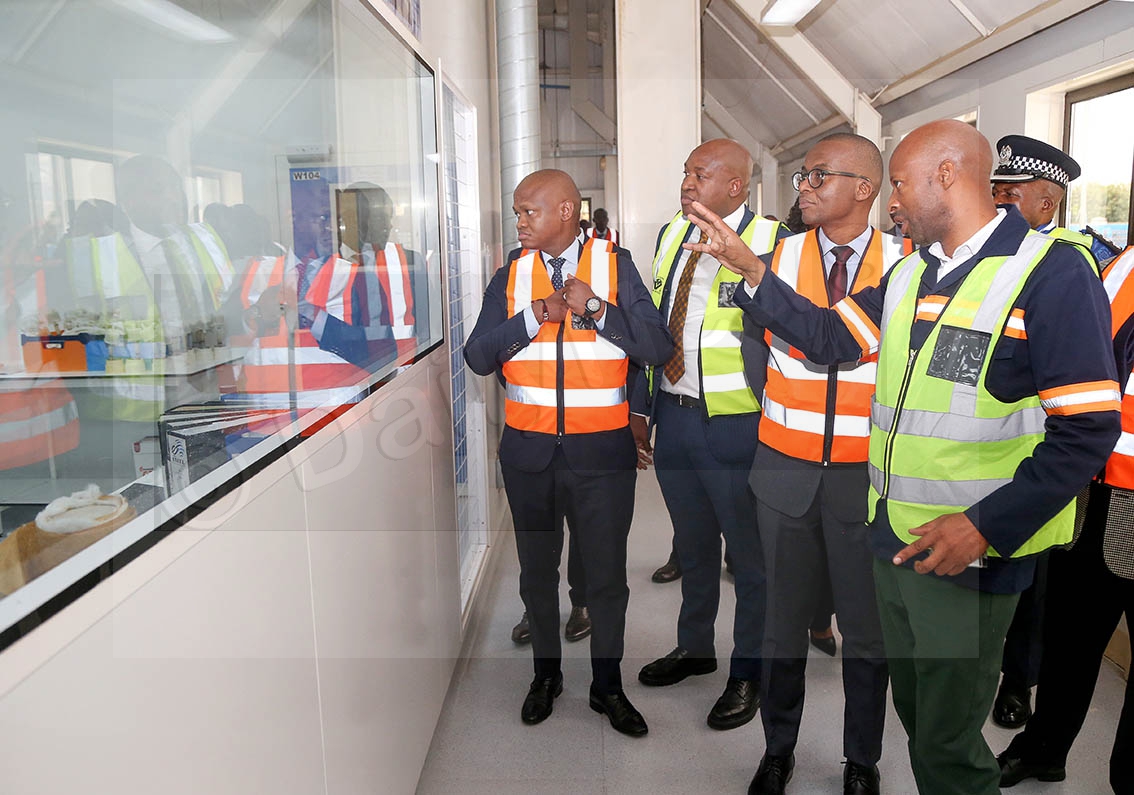Government partners with AfDB and HRDC to tackle unemployment
16 Oct 2025
The NHRDS is poised to be the heartbeat of the nation’s plan to transition into a diversified and knowledge-based economy, anchored in human capital excellence and sustainability.
This initiative therefore represents a monumental bet on the country’s people, designed to forge a future beyond the enduring sparkle of its natural resources.
Officiating the recent launch, Minister of Higher Education Mr Prince Maele underscored the project’s dual mandate to not only review and evaluate the first NHRDS (2009-2022) but critically, to draft a second and transformative NHRDS for 2026-2036.
He said the alignment was crucial, as the new strategy aimed to remedy past shortcomings by tightly aligning with Vision 2036, the overarching national development roadmap and bridging the gap between national development plans.
“This process is an opportunity to recalibrate and sharpen our focus, ensuring alignment with Botswana’s long-term vision for prosperity and global competitiveness,” said Minister Maele.
He envisioned the strategy to be a dynamic blueprint, a key roadmap that anticipated future challenges and opportunities while addressing the evolving needs of Batswana. After all, human capital development is the heartbeat of Botswana’s economic transformation strategy.
Once complete, the strategy will serve as a key resource and align not only with the Botswana Economic Transformation Programme (BETP), but also with government’s broader mandate for a transformative economic development agenda.
The robust 10-year plan will directly guide crucial government investment into human capital development and ensure coherence across all national planning efforts.
The minister said to achieve such an ambitious transformation, the consultancy project was structured around three key, interconnected deliverables, each vital to the success of the new era of development.
The first step is a comprehensive evaluation of the 2009-2022 NHRDS, a component that will be an honest assessment of past performance, rigorously scrutinising the relevance of existing education, training and employment policies in the pursuit of a knowledge-based society.
To ensure thorough understanding, Mr Maele said the evaluation would involve analysing critical performance indicators such as access, quality, gender equality, youth development and return on investment as well as conducting national consultations to measure the tangible impact of the previous strategy.
“The evaluation and impact assessment will accord us an opportunity to introspect and reimagine our future in maximising our people’s capabilities and capacities,” said the minister.
Building upon the lessons learned from the evaluation, the second component focuses on the core creative process, the development of the transformative NHRDS for 2026-2036.
The new strategy must be the engine that propels the country toward economic transformation and diversification and ultimately lead to improved livelihoods for all citizens by spearheading domestic and foreign investment while advancing innovation and technology to ensure that national growth is sustainable, inclusive and rooted in product development.
The third and final element is the strategy implementation plan. Recognising that even the best ideas require practical execution, this component, the minister said, would establish clear delivery timelines, specify project costs and propose concrete sources of financing to ensure the NHRDS move from a strategic document to an active, well-resourced force for change. ENDS
Source : BOPA
Author : Lorato Gaofise
Location : Gaborone
Event : Launch
Date : 16 Oct 2025




